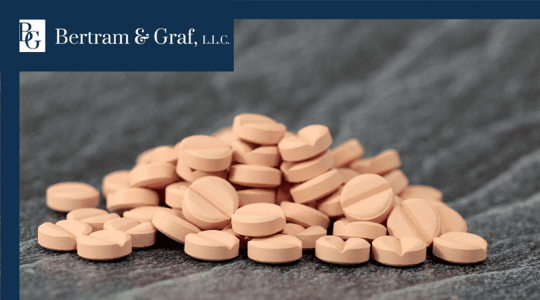Zantac and its active ingredient, ranitidine, were first linked to the carcinogen N-nitrosodimethylamine (NDMA) in September of 2019. The drug has been on shelves for more than 30 years and plaintiffs state:
“every one of the millions of the drug’s consumers have been exposed to dangerous levels of NDMA and many thousands of those consumers have contracted cancer as a result.”
While legal action has been filed across the United States, plaintiffs assert that all pending lawsuits involve the same issue:
Consumers who purchased Zantac (ranitidine) were exposed to NDMA.
What is Ranitidine?
Ranitidine is an antacid and the active ingredient in the popular heartburn medication, Zantac. On September 9, 2019, an online pharmacy called Valisure detected extremely high levels of NDMA in both brand-name and generic ranitidine products. Once the U.S. Food and Drug Administration (FDA) made the link between ranitidine and NDMA public, manufacturers started pulling medications from the self in a series of voluntary and/or cautionary recalls. Drugmaker Sanofi recalled Zantac on October 18, 2019.
What is NDMA?
N-nitrosodimethylamine, or NDMA, is an environmental contaminant that appears in low concentrations in water, vegetables, dairy products, and grilled meats. NDMA is also recognized as a probable human carcinogen, meaning it’s a substance that could cause cancer.
While tests on human subjects are extremely limited, NDMA was found to be a “potent carcinogen” in experimental animals.
Limited exposure to NDMA is inevitable, but prolonged exposure over time can interact negatively with the human body. Lawsuits against Sanofi, the manufacturer of Zantac, have tied NDMA to cancer of the liver, bladder, kidney, prostate, stomach, esophagus, and colon.
One class-action plaintiff explains:
“As we allege in our lawsuit, and we intend to prove, there is a fundamental defect with Zantac: when ingested, it forms a potent carcinogen (NDMA) in your body that exceeds FDA permissible intake limits by thousands of times… Zantac is an inherently dangerous drug.”
How to Stay Safe
If you are taking Zantac or any other ranitidine medication on a prescription basis, talk to your doctor about switching medications. While Zantac and other drugs are under investigation, you may also want to avoid over-the-counter ranitidine.
If you have a history of taking Zantac, keep an eye on your health and take advantage of regular cancer screenings.
Those who have been diagnosed with cancer and believe their illness may be associated with ranitidine use should contact our dangerous drug attorneys at Bertram & Graf, L.L.C.
If you are interested in filing a claim and/or joining a consolidated class-action lawsuit, call us today at (888) 398-2277 or request a free consultation online.

